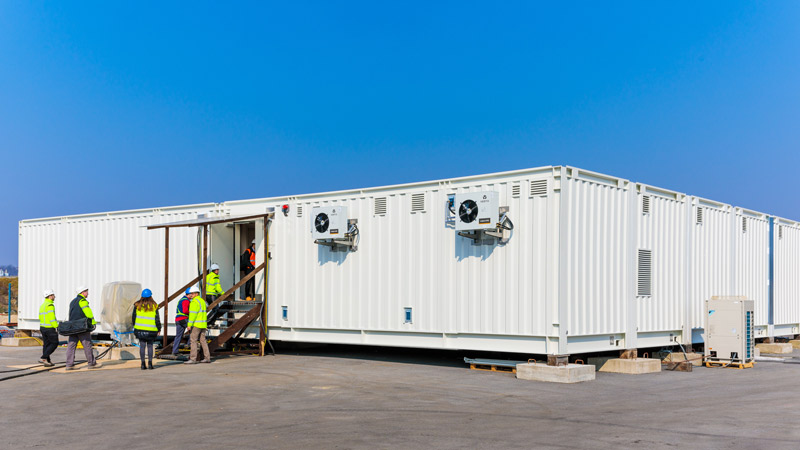Activation status
Please contact Vertiv Partner Support: salescloudsupport@vertivco.com
Working with our Vertiv Sales team enables complex designs to be configured to your unique needs. If you are an organization seeking technical guidance on a large project, Vertiv can provide the support you require.
Many customers work with a Vertiv reseller partner to buy Vertiv products for their IT applications. Partners have extensive training and experience, and are uniquely positioned to specify, sell and support entire IT and infrastructure solutions with Vertiv products.
Already know what you need? Want the convenience of online purchase and shipping? Certain categories of Vertiv products can be purchased through an online reseller.
Need help choosing a product? Speak with a highly qualified Vertiv Specialist who will help guide you to the solution that is right for you.
Need help choosing a product? Speak with a highly qualified Vertiv Specialist who will help guide you to the solution that is right for you.
Cookies Settings
Technical Cookies
These cookies are essential to ensure the correct functioning of the website, to allow you to register/login and access reserved features, and to allow us to monitor the security of the website and improve operating performance, for example, by storing your preferences to enhance your subsequent visits.
Analytics Cookies
These cookies allow us to collect and analyze traffic and use of the website on an anonymous basis and to understand and improve how visitors use the website, including which pages and products are viewed most frequently. These cookies are not strictly necessary for the website to work but will provide you a better browsing experience.
Profiling Cookies
These cookies allow us to track your navigation of the website to create profiles of your tastes, habits, choices, etc., to send you promotional messages targeted to your preferences. Refusal of these cookies will not affect the proper functioning of the website but will prevent us from being able to send your promotional messages targeted to your preferences.
This website uses cookies
We use cookies to improve your experience on our website. By Continuing, you agree to our use of cookies. For more information, you may view our Cookie Notice and Privacy Policy

- About
- News & Insights
- Distributed and Centralized Bypass Architectures Compared
Distributed and Centralized Bypass Architectures Compared
August 24, 2020
Executive Summary
When designing a power protection scheme for data centers, IT and facility managers must ask themselves whether a distributed or centralized backup strategy makes more sense. Unfortunately, there is no easy answer to that question.
Companies must weigh each architectural advantages and disadvantages against their financial constraints, availability needs and management capabilities before deciding which one to employ.
This white paper explores the principle of centralized versus distributed bypass and will apply it equally to standalone monolithic and integrated-modular UPS architectures, especially trying to clarify the differences in two major areas:
- Reliability (in terms of comparative Mean Time Between Failure “MTBF”) and hence availability
- Fault clearing capacity and short-circuit withstand ratingBy following the suggestions in this white paper, data center operators can simplify their decision-making process by receiving an overview of weaknesses and capabilities of both system designs, whichever strategy they ultimately select.
Our new Dynamic Online mode delivers high energy efficiency with near double-conversion power protection
Our new Dynamic Online mode delivers high energy efficiency with near double-conversion power protection





